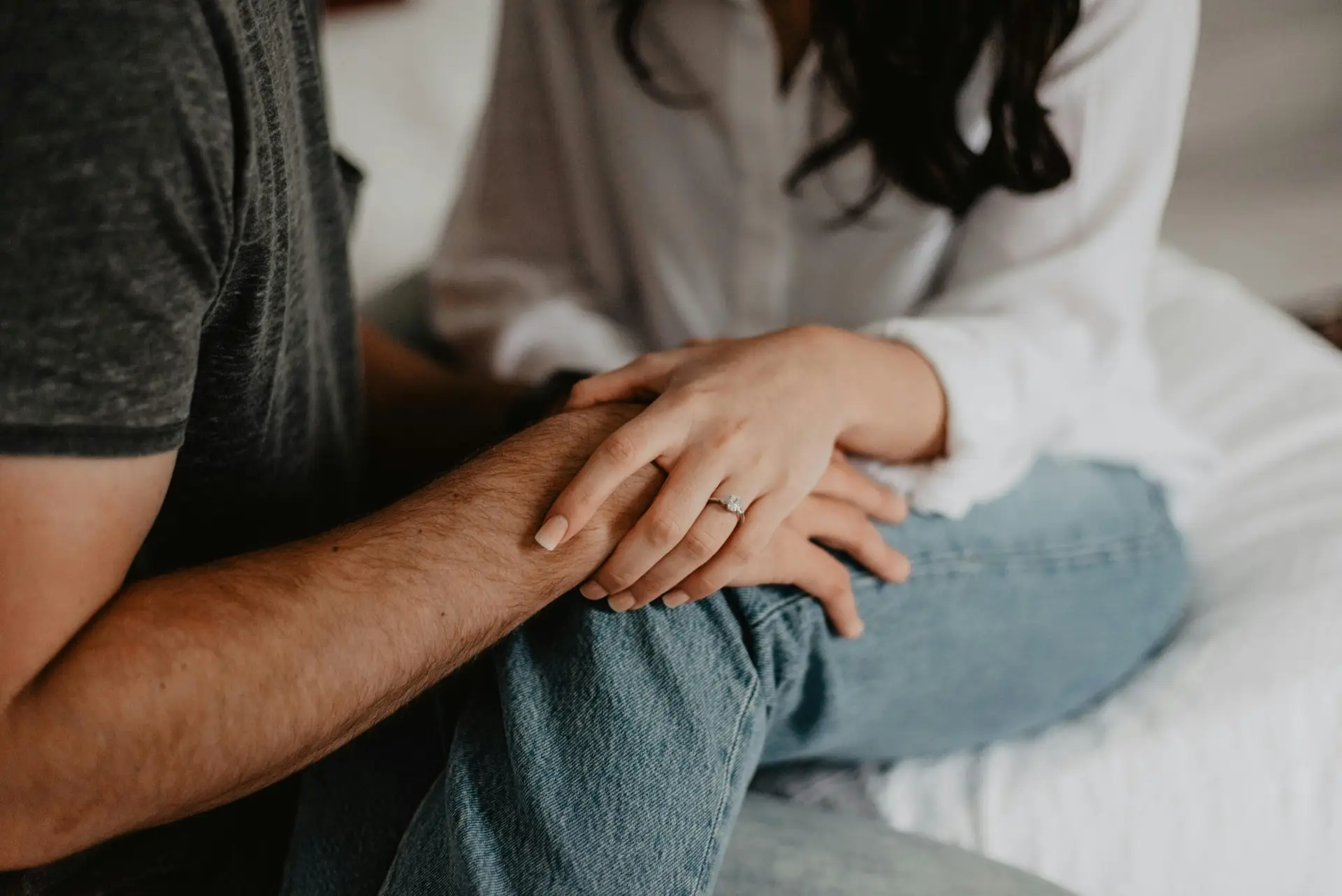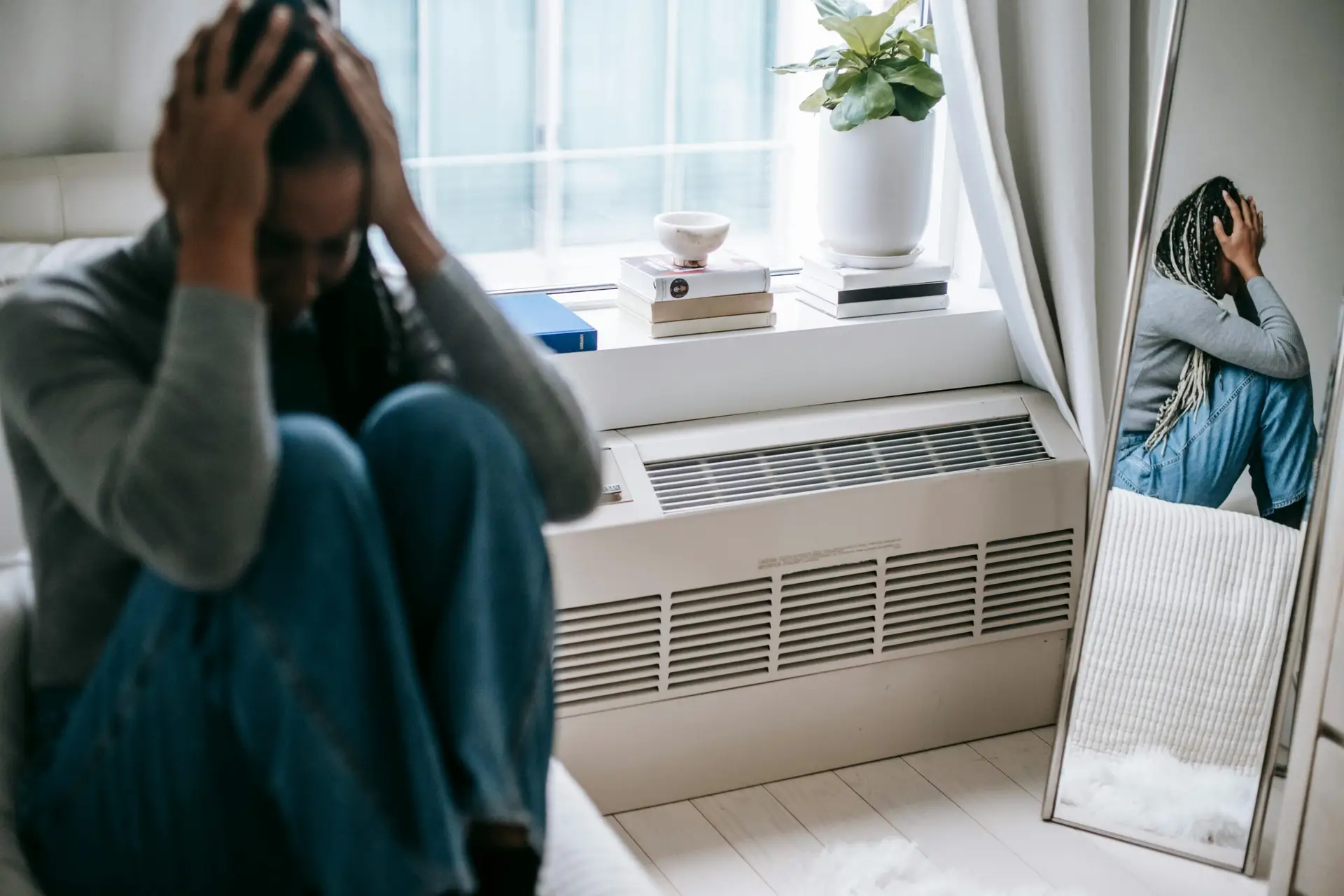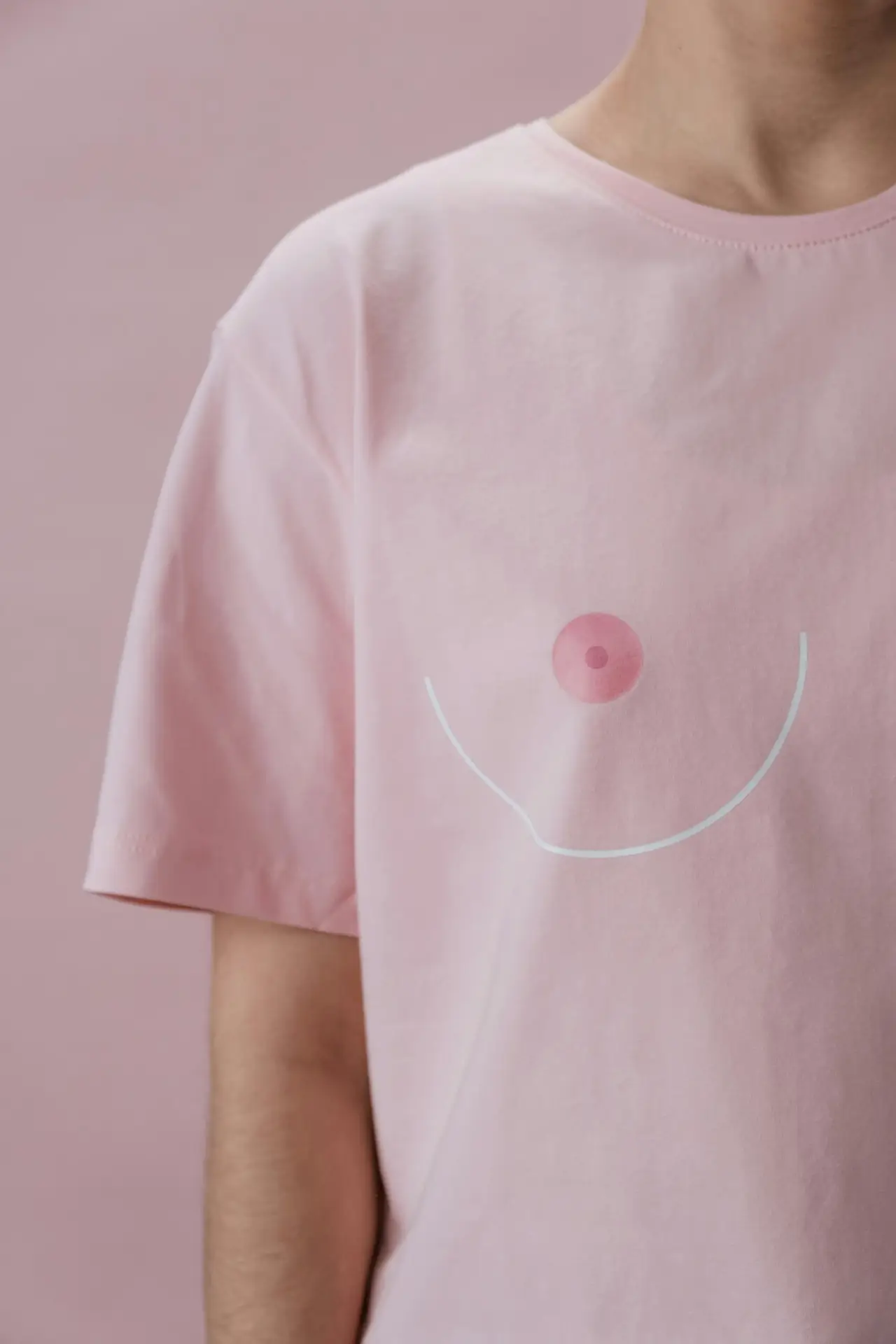I believe that mammograms are lifesaving tools in the fight against breast cancer. I have always been proactive about my health and participate in screening that is available to me, including regular mammograms and pap smears. Please note that breast cancer screening guidelines in the US and many provinces in Canada is changing, with the age of screening moving from 50 to 40. So, women who read this, please know if you are 40 or over, you should be regularly screened.
When I was diagnosed with breast cancer (through a diagnostic mammogram and ultrasound I will add), I shared the devastating news with friends in a Facebook post. Immediately, 17 of my female friends stepped forward to say that for me, they would immediately book a mammogram. Some had faced delays due to COVID and just hadn’t got around to booking their appointment. Some weren’t doing self-checks and weren’t bothering to go for a mammogram at all. Others were buying into the myths I will try to blow up in this blog. It is both frightening and rewarding that two of the 17 who said they would go had a diagnosis of early-stage breast cancer. They were subsequently treated with a lumpectomy and radiation. I, and they, shudder to think what might have happened if they hadn’t heeded the call and hadn’t bit the bullet to go for that mammogram.
I am bothered when I hear friends and acquaintances express doubts about mammograms, citing some common myths that are out there in the world. These myths create unnecessary fears and prevent women from scheduling regular screenings.
Here are some of the myths I’ve heard about my response to each of them.
Mammograms are painful
A prevalent myth is that mammograms are painful. Sure, the experience is indeed different for each woman; some women may feel some discomfort, mainly due to the compression of the breast tissue required to take clear images. I was a D cup when I had boobs and so had lots to squish. I never found this particularly uncomfortable. Probably the most awkward and uncomfortable part was butting up the mammogram machine itself. You get very up close and personal with it, and it sometimes the edge of it jabbed into my rib. But the procedure is so brief, and the radiation techs are so wonderful, I never minded. In my experience, the uneasiness was only a mild sensation compared to the importance of early detection. Even the diagnostic mammogram, which took longer because it was imaging a 360-degree version of my breast was not uncomfortable. Just a little longer in duration. The stress of this procedure was related to the worry I might have breast cancer (spoiler alert, I was right.)
Mammograms take too long and I’m too busy
I used to be surprised at how fast I would be in and out, marvelling that I’d often be in and back in the parking lot in less than 20 minutes. The healthcare system I belong to did a great job of advance scheduling, there was flexibility and they had an automated system that would book it in my calendar and remind me of the appointment. Seriously, what is more important than taking time out of a busy day to know and care for your body?
Mammograms give off too much radiation.
Another common misbelief is that mammograms expose you to harmful levels of radiation. I had a friend who came to visit me after my surgery and expressed this concern. She was close to my age and shared that she had never had a mammogram for this reason. At this point, I did not know about the two friends of mine who had been diagnosed, but still, I pleaded with her to go. Mammograms are imaging (x-rays of the breast), so there is a small amount of radiation exposure. However the exposure is extremely low and adheres to strict regulations designed to ensure patient safety. The American Cancer Society states that people in the US are normally exposed to an average of about 3 mSv of radiation each year just from their natural surroundings. (This is called background radiation.) The dose of radiation used for a screening mammogram of both breasts is about the same amount of radiation a woman would get from her natural surroundings over about 7 weeks.
Let me say, and I will speak from experience, comparatively, the risk of not detecting an early-stage breast tumor far outweighs the minimal risk associated with the low dose radiation exposure during a mammogram. I always remind my friends who express doubts, that the third leg of my treatment for breast cancer involved 15 rounds of daily radiation, leaving me with a permanent square “tan” on my left side. I can assure you the radiation you will receive AFTER a diagnosis is far greater and has far more side effects and downstream effects.
My breasts are so small
A friend friends of mine who are members of the itty bitty titty club have said to me that they don’t participate in mammograms because their breasts are small. I’m not 100% sure of the logic here. I assume that this is because they believe they can feel any change? Or believe women with small breasts are at less risk? Let me assure them, and you, that breast size does not correlate with breast cancer risk. I’ve known women of all sizes, myself included, who’ve faced breast cancer. My plea to all women, regardless of breast size, is not to take this threat lightly and to prioritize regular breast screenings.
I’m not old enough for a mammogram
Now this is a tricky one, because due to the age restrictions set forth by screening guidelines, women under the age of 40 are not routinely screened. That said, if you are a young woman in your 20s, 30s and you or your partner feel anything, see anything that feels off or not right. Get yourself to a doctor and ask for that mammogram. This might require you to be persistent and loud about your concerns. There is still a persistent belief that young women are not at risk for breast cancer unless they have a genetic risk or a family history with the disease. The truth is, breast cancer doesn’t discriminate by age. While the likelihood increases with age, young women can and do get breast cancer and the numbers are rising. I wrote about it here. Ask my beautiful friend Robin, who was portrayed in our I WANT YOU TO KNOW photo essay last year. She found her lump at 23 and was diagnosed at 24. So, I encourage every woman of every age to be body and breast-aware, to do regular self-checks, to know your family history, to advocate for themselves, and to discuss when to start mammograms with their healthcare provider.
Lastly, there’s a myth suggesting that mammograms can’t detect cancers in dense breasts. While it’s true that dense breasts can make mammograms more challenging, it doesn’t render them ineffective. In my case, despite having dense breasts, it was through a diagnostic mammogram and ultrasound procedure that my breast cancer was initially detected.
Remember, these myths only serve to obstruct our path to health. Let’s encourage our loved ones and ourselves to prioritize regular screenings, facing any discomfort or fears head-on. I don’t have boobs now thanks to breast cancer. I don’t get mammograms anymore because of that fact. So please, do it for me.




